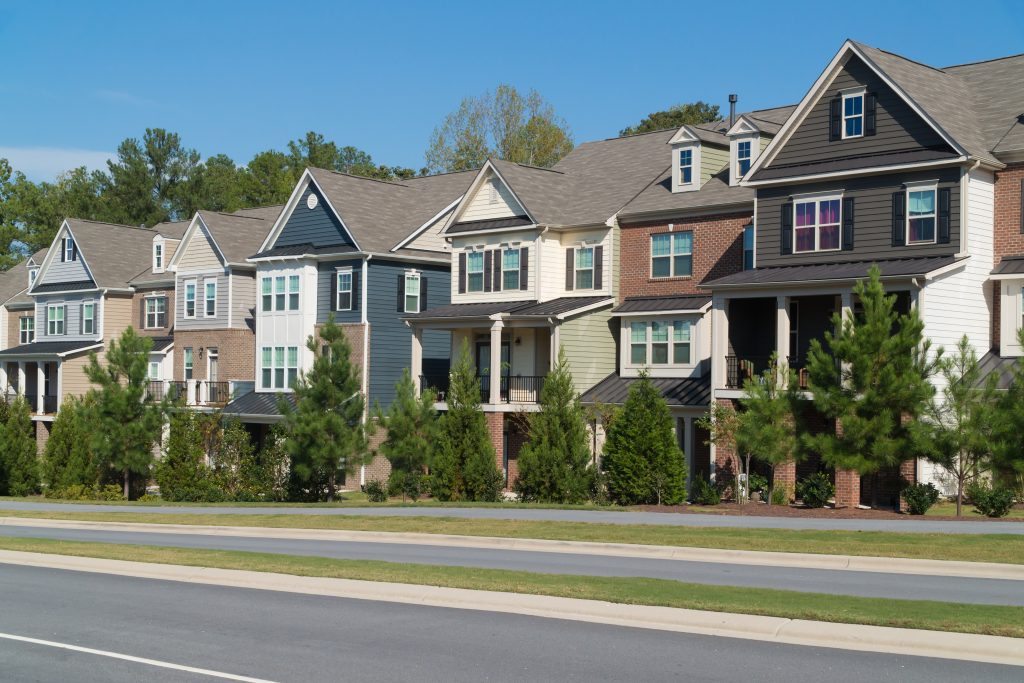The Invaluable Role of an Engineer in Residential Building Projects

In the realm of residential construction, the expertise and guidance of a qualified engineer are indispensable. Whether involved in the planning, design, or execution stages, an engineer brings a wealth of knowledge and skills that significantly enhance the overall success and safety of a residential building project. Let’s explore the multifaceted value that an engineer provides to their residential building clients.
Structural Integrity and Safety: At the core of an engineer’s role is ensuring the structural integrity and safety of a residential building. Through rigorous analysis and design, engineers create a blueprint that not only meets the aesthetic and functional requirements but also adheres to local building codes and safety standards. Their expertise ensures that the building can withstand environmental factors, loads, and potential hazards, providing a secure living space for occupants.
Optimized Design and Efficiency: Engineers play a pivotal role in optimizing the design of residential buildings. They leverage their technical proficiency to create efficient layouts that maximize space utilization, enhance energy efficiency, and incorporate sustainable practices. From HVAC systems to electrical layouts, an engineer’s input ensures that the residential building operates seamlessly and meets the modern standards of comfort and sustainability.
Budgetary Considerations: Effective project management requires careful budgetary considerations, and engineers bring their analytical skills to the table to assist residential building clients in making informed decisions. By evaluating material costs, construction methods, and potential risks, engineers contribute to cost-effective solutions that align with the client’s financial objectives without compromising the quality of the final product.
Regulatory Compliance: Navigating the complex landscape of building regulations and codes is a daunting task for any residential building project. Engineers serve as guides, ensuring that every aspect of the construction process complies with local, state, and national regulations. Their understanding of the legal framework helps clients avoid costly delays, fines, or legal issues that may arise from non-compliance.
Project Coordination and Collaboration: Residential building projects involve collaboration among various professionals, including architects, contractors, and subcontractors. Engineers act as liaisons between these stakeholders, facilitating effective communication and ensuring that everyone is aligned with the project goals. Their ability to coordinate and collaborate enhances the overall efficiency of the construction process.
Risk Mitigation and Problem-Solving: Throughout the construction journey, unexpected challenges may arise. Engineers, equipped with problem-solving skills and a keen analytical mindset, are adept at mitigating risks and addressing unforeseen issues. Their proactive approach helps prevent costly setbacks, keeping the project on track and within the established timeline.
Quality Assurance and Inspection: Engineers conduct thorough inspections at various stages of the construction process, ensuring that the work meets the specified standards. From foundation assessments to final inspections, their commitment to quality assurance guarantees that the residential building not only meets but exceeds expectations in terms of durability, safety, and functionality.
Innovation and Technological Integration: The residential construction industry is continually evolving, and engineers are at the forefront of integrating innovative technologies. From advanced building materials to smart home systems, engineers explore and implement solutions that enhance the overall quality of residential structures. This forward-thinking approach positions residential buildings for the future, incorporating cutting-edge advancements for the benefit of the occupants.
In conclusion, the role of an engineer in residential building projects goes beyond the technical aspects of construction. Engineers bring a holistic approach that encompasses structural integrity, design optimization, regulatory compliance, and effective collaboration. Their invaluable contribution ensures that residential building clients not only achieve their vision but also receive a safe, efficient, and enduring living space. As the guardians of structural integrity and champions of innovation, engineers play a central role in shaping the success and sustainability of residential construction endeavors.